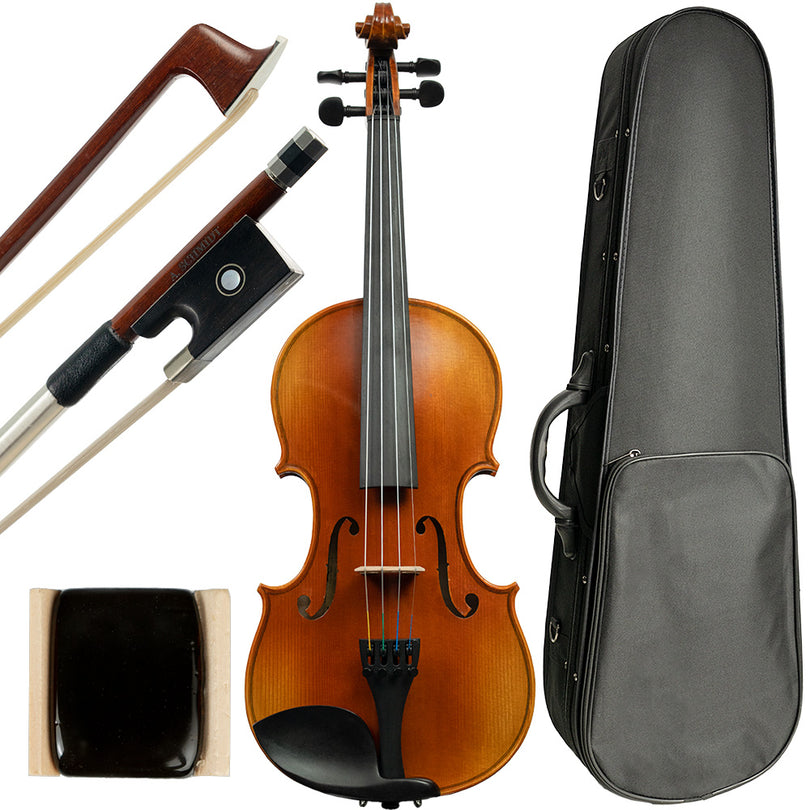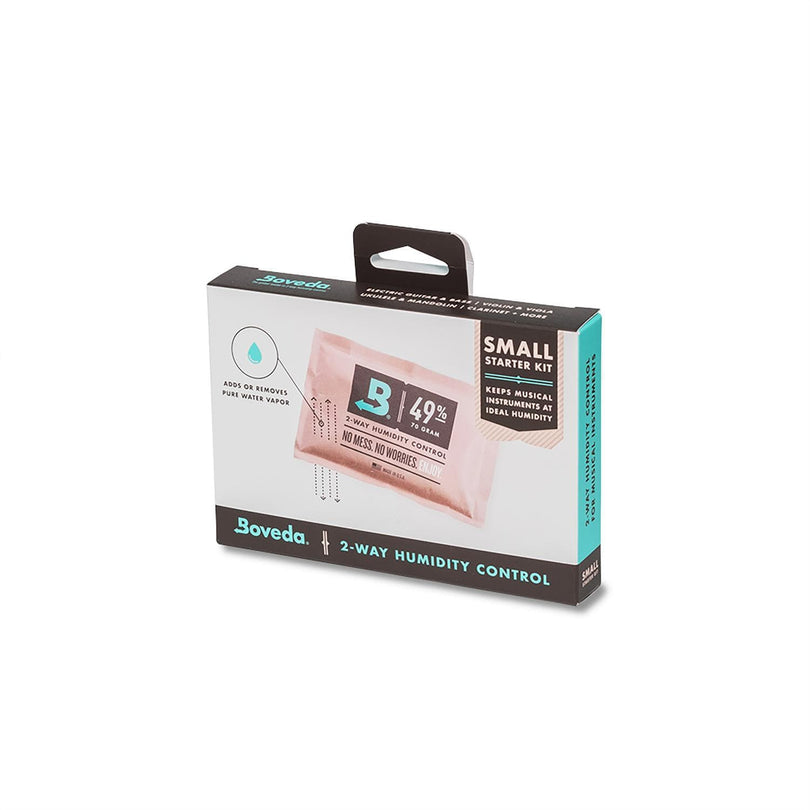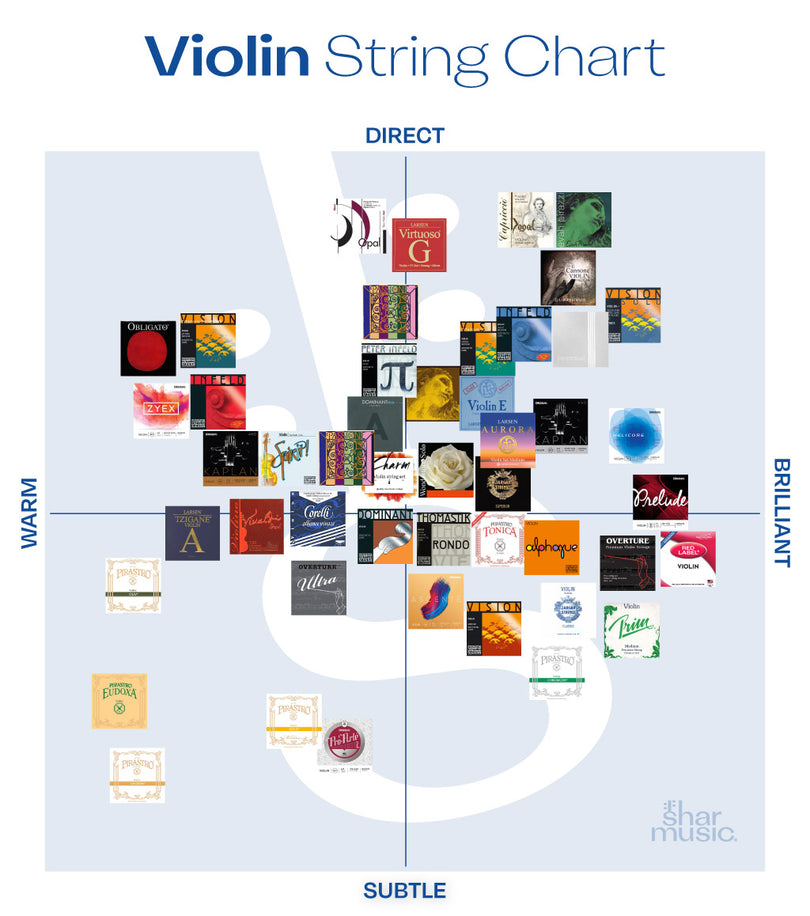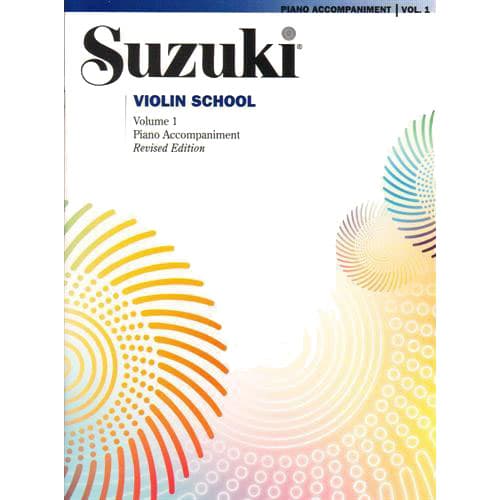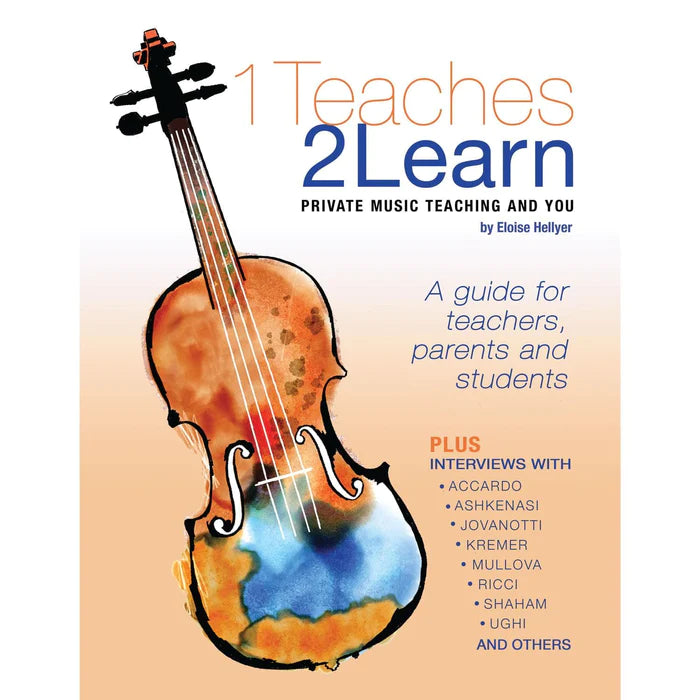Violinist and teacher Celia Zhang made her professional solo debut with the Louisville Orchestra at the tender age of 14. She has since spent much of her adult career helping young students reach their own impressive heights.
After completing a Bachelor’s Degree in Violin Performance from the Juilliard School and a Master’s Degree from the Yale School of Music — as well as performing concerts in the United States, Asia and Europe — Zhang settled in Boston in 2017. There, she joined the faculty of several notable educational programs, while also maintaining a regular chamber and solo recital schedule. It was also in Boston that she founded her own private teaching studio, Celia Zhang Violin.
Earlier this year, Celia Zhang Violin expanded to become Village Youth Conservatory (VYCo), taking classes into a larger space and expanding offerings to include instruction in guitar, bass, ukulele, and voice, with more to come.
Shar Music’s Jack Makled sat down for a video chat with Zhang to discuss VYCo, and to learn more about her experiences in music. Below, edited for length and clarity, is their conversation; you can also watch the video below to get the whole chat untouched!
SHAR MUSIC: Tell us a bit about you.
CELIA ZHANG: I primarily grew up in Louisville, Kentucky. I did my college degree at the Juilliard School for Violin Performance. Afterwards, I went to the Yale School of music for my Master's. After that, I moved here to Boston, which was like my first example of “real world living” after school. It was a big mix of teaching and performing.
As life went on, I found myself more and more drawn to the teaching side. I started my own studio, Celia Zhang Violin, and then recently expanded that into my new school, Village Youth Conservatory (VYCo).
Where did the ‘Village Youth Conservatory’ name come from?
I feel like a big component of the learning experience is the support of a community. I've always liked the expression “It takes a village to raise a child”, so "Village” came from that. Plus, I'm kind of near Newton Village in Massachusetts, so it makes sense based on our location.
Tell me about your work with the VYCo. What inspired this evolution from your in-home studio?
Growing up, the private lesson experience could be very “one-on-one”. You practice by yourself, and it can be a little bit isolating after a while. That's not necessarily the whole experience of music. A big part of the music education program, performance degrees, and so on is doing chamber music and orchestra. I wanted to be able to offer a way where students can experience that side of it, instead of only focusing on scales and one-on-one practicing.
So, you're taking that traditional one-on-one teaching, but growing it into more of a communal experience?
Exactly, and I couldn’t do that at [Celia Zhang Violin].
How did you come to partner with the other teachers there at the VYCo? Are these people you know from college, or folks in the area…?
I specifically recruited and searched based on a couple of criteria, the main one being a passion for sharing. I think sometimes it can just take personality or chemistry to tell if a student may do well with a teacher. So, being able to present something that can be daunting like learning an instrument, but to present it in an appetizing and appealing way for students — which also varies by each student's personality and background experience — was important. It's just a lot of adapting, and a lot of sharing that passion. Those were the two main things I really wanted to have all my teachers bring to the place.
I noticed VYCo covers all kinds of instruments, from ukulele to guitar. I assume you're gunning for “music for everybody”. Is that accurate? Is that why you ended up expanding the instrument selection?
Yes. I don't want people to get the impression that I only like classical music, and that that's the only way to go or anything. I feel like music can come from any genre, like pop, folk, and so on. I don't want our school to feel like it's limited to just classical, or just piano and violin, or anything like that. I want to be really inclusive. Whatever the students are drawn towards, we're happy to bring that into the fold.
You use the phrase “growth mindset”, as opposed to a “fixed mindset”. Could you expand on the idea of the growth mindset? Do you think that music becomes more accessible to a broader range of people when you do that?
I didn't even learn the actual terminology of “growth mindset” myself until a couple of years ago, but once I heard it, I was like, “Oh, that's what that thing is!”. For anyone who doesn't know, a growth mindset is essentially an attitude where a student's potential or talent is not necessarily predisposed. It's something that constantly evolves based on feedback and effort.
A fixed mindset is the opposite, where you're set a certain way, which isn’t fair because it's just not true. Some people tend to have a great innate ability, but then don’t have the work ethic to support it; some find that they may have been really passionate about it, but may not necessarily have perfect pitch or something. That doesn't mean that either one should or shouldn't be able to succeed in the field they choose.
March is Women's History Month. Can you tell us a little bit about the women who’ve inspired and motivated you to do what you do?
I've had a lot of amazing influences in my life. I'm really lucky to have had exposure to the people who I've grown up with, many of whom were my teachers.
One of the earliest ones I've had was Hua Jin. She's currently in the Indianapolis Symphony, but back then, she was just finding her footing in America. She's from China initially, And she grew up similarly to my mom during the Cultural Revolution in China, where a lot of the cultural references and Western influences were not allowed. That's a whole other way to have grown up, learning music when you weren't supposed to. She probably was also the first person to introduce me to the idea that if you do a good job, you get points, which creates more of a blatant incentive than just feeling good when you're, like, six years old. She's always been a family friend; she's like my violin mom! She's just an incredible, amazing person.
After that, my family moved from Indiana at the time to live in Kentucky, which is where I primarily grew up. There, I had two teachers who were remarkable. The first one was Ruth French: she was the President of the Louisville Academy of Music, and she was just incredible. She was versatile, friendly, and embodied the “home environment” in music that I always admired. That was a huge influence, as well.
We had another teacher, Gloria Spurlock, who introduced me to the violin hierarchy and opened me up to the violin world. As a ten year old, I was amazed by the history. Along with that, she taught me proper technique, and helped me develop my skills as a player.
And of course, my mom. Besides obvious reasons, she grew up in a time where men were prioritized over women, which affected her ability to obtain resources and education. To live in an environment where you didn’t have access to education and are forced to work in the farmlands led my mother to teach us to never take education for granted, to seize every opportunity and to make the most of your childhood.
Many of the testimonials on your website showcase your ability to balance fun and discipline. What are some of your methods for maintaining that balance?
I think keeping in mind that music is meant to be fun, cathartic, and a form of expression is important. Using imagery and metaphors has been a useful teaching method which I based off of past teachers, and which is especially useful when the students are at a very young, impressionable age. I personally use a lot of Harry Potter metaphors in my teaching. They usually catch on to that one quickly!
You’ve had a lot of impressive benchmarks. At the age of 9, you had your solo debut; at 14, you had your professional solo debut with the Louisville Orchestra. Is there one specific accomplishment of which you’re most proud?
The one that really stood out in my mind is when I got accepted to Juilliard, mostly because it was such a long and slow journey to get there. My journey started at nine years old, singing in a chorus. This is where my classmate’s mom encouraged me to keep going, and introduced the idea of going to Juilliard. From nine to seventeen, going to Juilliard was my goal. I remember screaming and running around my house when reading my acceptance email.
Part of teaching is giving advice to your students. Do you have any piece of advice for anyone on the road to being a musician?
A piece of advice my dad gave me once: “education is never wasted”. If you take the time to learn outside of music, it will later supplement your music career. For example, I was a big Harry Potter fan, and that later became a huge tool in my teaching. Other examples include learning about personal finance and website building, which helped me create and manage my school. Even in school when I learned about physics and science, those are huge aspects of music and are very relevant! Nothing you will learn is wasted.
Celia Zhang's Shar Music Favorites
"I like these because they don't keep falling off when I'm playing!"
Pirastro Evah Pirazzi Strings
"Their sound quality is my favorite when paired with my violin."

